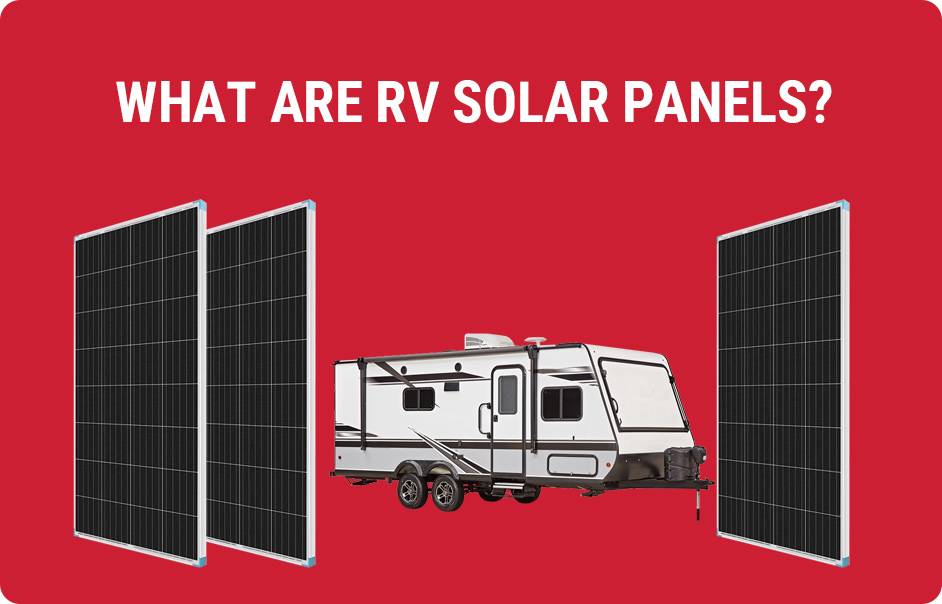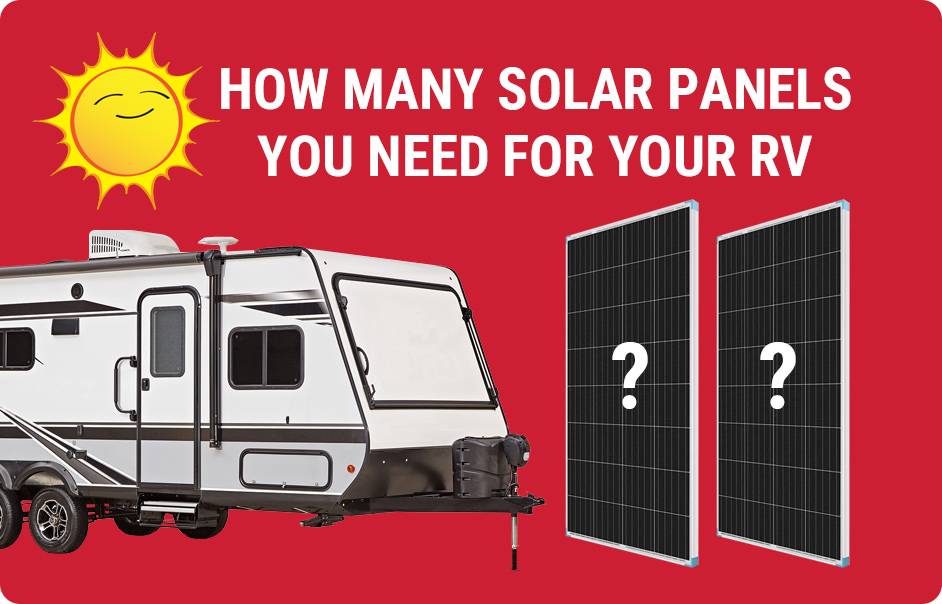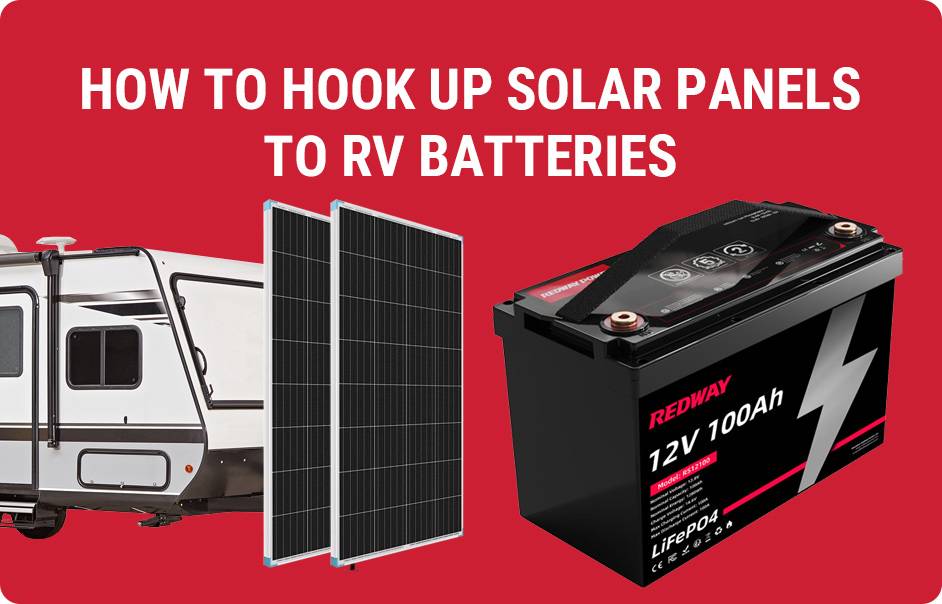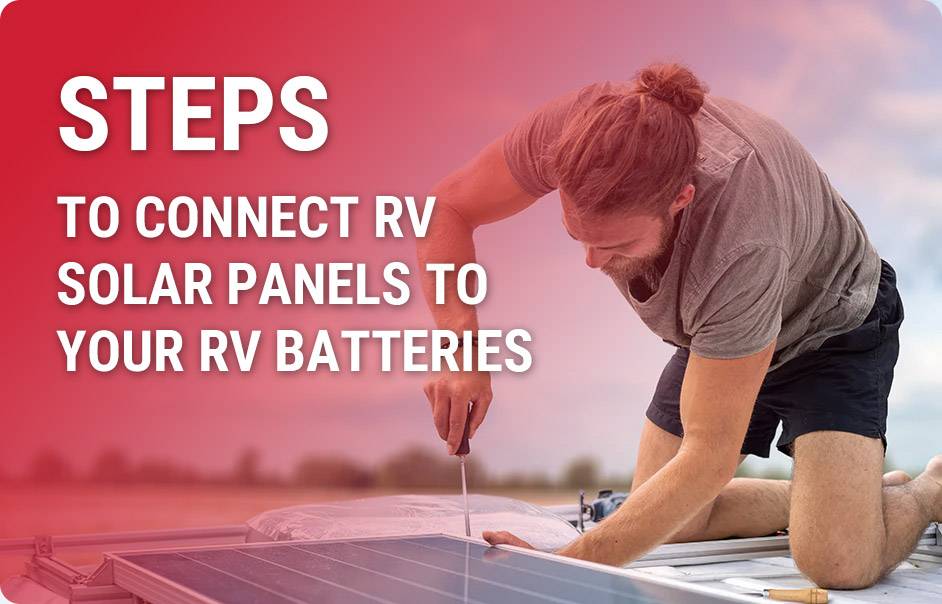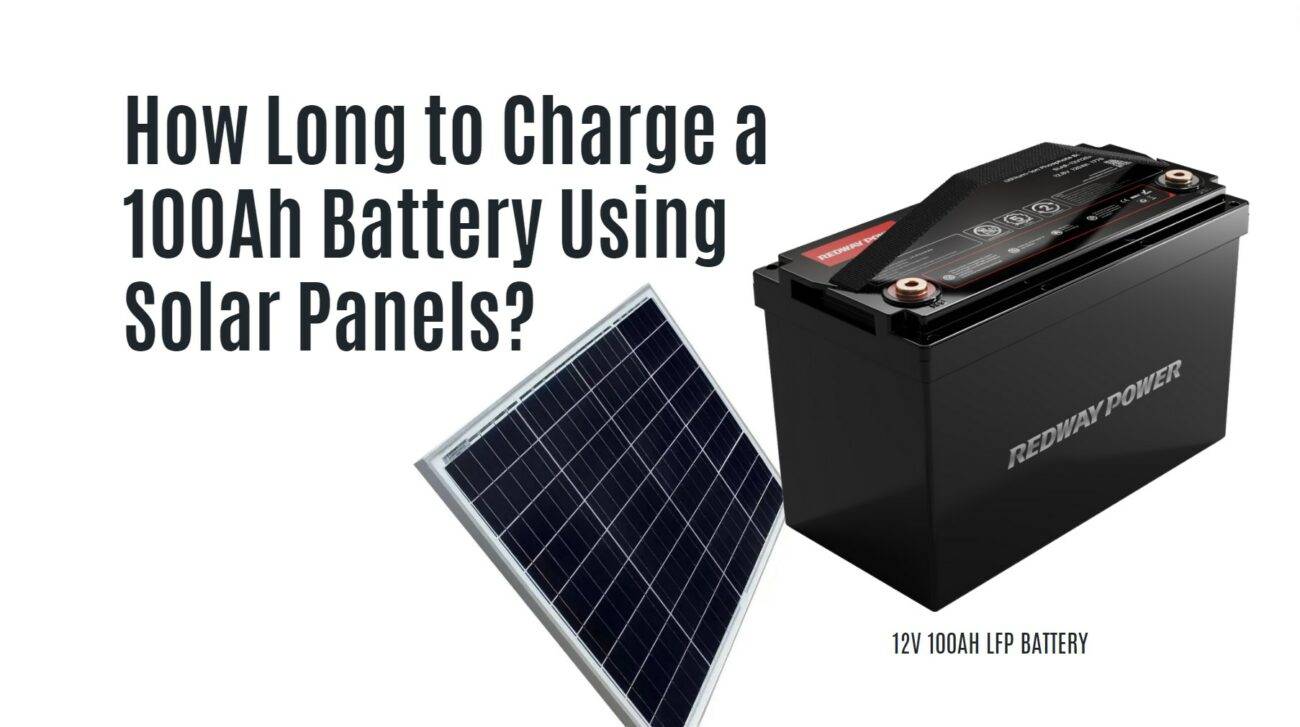
Blog
What You Need to Know About RV Solar Panels
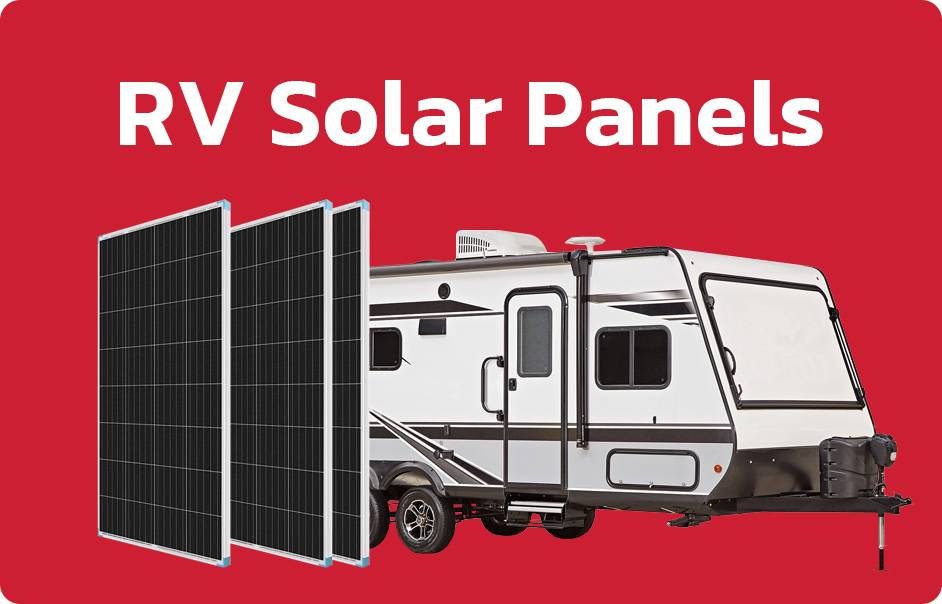
RV solar panels are an excellent way to harness solar energy for powering your RV while off-grid. They provide a sustainable and efficient power source, allowing you to enjoy your adventures without relying solely on traditional hookups. Understanding the types of solar panels, installation processes, and energy requirements is crucial for maximizing your RV’s solar power system.
What Are the Benefits of Installing Solar Panels on an RV?
Installing solar panels on your RV offers numerous benefits:
- Energy Independence: Solar panels allow you to generate your own electricity, reducing reliance on campgrounds or generators.
- Cost Savings: Over time, solar energy can significantly lower fuel costs and reduce the need for expensive campground hookups.
- Environmental Impact: Utilizing renewable energy reduces your carbon footprint and promotes sustainable travel.
Chart: Benefits of RV Solar Panels
| Benefit | Description |
|---|---|
| Energy Independence | Generate power without relying on external sources |
| Cost Savings | Lower long-term energy costs |
| Environmental Impact | Reduced carbon footprint |
How Do You Determine Your Energy Needs for an RV Solar System?
Before installing solar panels, assess your energy needs by calculating the total wattage of the devices you plan to use.
- List Appliances: Identify all appliances and devices you will run off the solar system.
- Calculate Wattage: Multiply the voltage by the amp draw for each appliance to determine total wattage.
- Estimate Daily Usage: Consider how many hours each appliance will be used daily to calculate total daily watt-hours.
Chart: Sample Energy Needs Calculation
| Appliance | Wattage (W) | Hours Used/Day | Daily Consumption (Wh) |
|---|---|---|---|
| LED Lights | 10 | 5 | 50 |
| Refrigerator | 100 | 24 | 2400 |
| Laptop | 60 | 4 | 240 |
| Total Daily Usage | 2690 |
What Types of Solar Panels Are Available for RVs?
There are several types of solar panels suitable for RV installations:
- Monocrystalline Panels: Known for high efficiency and space-saving design, these panels perform well in low-light conditions.
- Polycrystalline Panels: Slightly less efficient than monocrystalline but generally more affordable.
- Thin-Film Panels: Lightweight and flexible, making them easier to install but typically less efficient.
Chart: Comparison of Solar Panel Types
| Type | Efficiency (%) | Cost | Weight |
|---|---|---|---|
| Monocrystalline | 15-22 | Higher | Moderate |
| Polycrystalline | 13-16 | Moderate | Moderate |
| Thin-Film | 10-12 | Lower | Lightest |
How Do You Install Solar Panels on an RV?
Installing solar panels involves several key steps:
- Plan Your Layout: Determine the best location on your RV roof for maximum sunlight exposure.
- Secure the Panels: Use mounting brackets to attach the panels firmly to the roof, ensuring they are sealed properly to prevent leaks.
- Wire the System: Connect the solar panels to a charge controller, which regulates power flow to your batteries.
- Connect Batteries: Set up a battery bank that stores energy generated by the solar panels for later use.
Chart: Installation Steps Overview
| Step | Description |
|---|---|
| Plan Layout | Choose optimal panel placement |
| Secure Panels | Mount using brackets and sealant |
| Wire System | Connect panels to charge controller |
| Connect Batteries | Set up battery bank for energy storage |
Why Is a Charge Controller Important in an RV Solar System?
A charge controller is essential as it manages the flow of electricity from the solar panels to the batteries:
- Prevents Overcharging: It ensures batteries are charged optimally without exceeding their capacity.
- Regulates Voltage: Maintains appropriate voltage levels to protect battery health.
What Are Common Mistakes When Installing RV Solar Panels?
Avoid these common pitfalls during installation:
- Underestimating Power Needs: Not calculating total wattage can lead to insufficient power generation.
- Poor Panel Placement: Failing to position panels for maximum sun exposure can reduce efficiency.
- Neglecting Sealing: Not sealing mounting holes properly can lead to leaks and water damage.
FAQ Section
Q: How many solar panels do I need for my RV?
A: The number of solar panels depends on your energy needs; typically, a setup with 200-400 watts is sufficient for basic needs.Q: Can I install solar panels myself?
A: Yes, many RV owners successfully install their own systems with proper planning and tools.Q: How long do RV solar panels last?
A: Most solar panels have a lifespan of about 25 years, with minimal maintenance required.
Industrial News
The demand for RV solar systems is increasing as more travelers seek sustainable energy solutions. Recent innovations include lightweight materials that enhance panel efficiency and flexible designs that adapt better to various roof shapes. Additionally, advancements in battery technology are improving storage capabilities, allowing RV owners to utilize solar power more effectively during extended trips off-grid.
Redway Power Expert Views
“Investing in an RV solar system not only enhances your travel experience but also contributes positively to the environment. Understanding your specific energy needs and choosing the right components are key steps in creating an efficient setup,” states an expert from Redway Power.
Also check:
Wiring Batteries in Series vs Parallel, Which is Better?
Should Boat Batteries Be In Parallel?
RV Solar Panels, All You Need to Know
Solar Panel Series vs Parallel: Which is Better?




